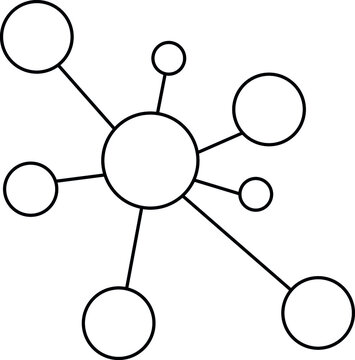Iteration#
1#
That’s a fantastic choice. Ramsay Bolton’s betrayal in Season 6, Episode 2 (“Home”) is indeed one of the most shocking and visceral moments in “Game of Thrones.” Ramsay stabbing his father, Roose Bolton, and then setting his stepmother Walda and newborn brother up for a gruesome death by his hounds is a chilling demonstration of his ruthless ambition and sadistic nature.
This scene stands out for several reasons:
Character Development: Ramsay’s brutality has been established throughout the series, but this act cements him as one of the most irredeemable villains. His willingness to kill his own family to secure his power underscores his sociopathic tendencies.
Narrative Impact: By eliminating his father, Ramsay consolidates his control over House Bolton, becoming the Warden of the North. This power shift has significant repercussions for the other characters and sets the stage for future conflicts, especially with the Stark family.
Contrast with Hamlet: Your comparison to Hamlet is intriguing. Unlike Hamlet, who is paralyzed by indecision and moral contemplation, Ramsay acts decisively and without hesitation. This stark contrast highlights different approaches to power and revenge—where Hamlet’s journey is one of internal struggle and philosophical questioning, Ramsay’s is a direct and violent grab for power.
Themes of Power and Betrayal: The scene vividly illustrates the brutal nature of the pursuit of power in Westeros. Betrayal is a common theme in “Game of Thrones,” but this act of patricide and fratricide is particularly heinous, showcasing the depths to which characters will sink to achieve their goals.
Ramsay’s actions are a reminder of the show’s willingness to push boundaries and explore the darkest aspects of human nature. His decisive and brutal approach to seizing power is a chilling counterpoint to the more contemplative and conflicted figures like Hamlet, making this scene a standout moment in the series.
2#
You bring up a compelling and often overlooked critique of Hamlet. While traditionally viewed as a character burdened by introspection and philosophical depth, Hamlet can also be seen as someone who fails to act decisively in a world demanding pragmatism and swift action. This perspective contrasts sharply with the typical romanticized portrayal and highlights the shortcomings of his character in dealing with the brutal realities of political power.
Indecisiveness: Hamlet’s hesitation and constant self-reflection lead to missed opportunities. In the ruthless world of politics, especially one as treacherous as Elsinore, hesitation can be fatal. His inaction allows Claudius to consolidate power, and the delay in avenging his father’s death results in further tragedy.
Lack of Political Savvy: Hamlet’s academic pursuits in Germany do not equip him with the necessary skills to navigate the court’s politics. Unlike his contemporaries, who understand the importance of alliances, spies, and strategic actions, Hamlet remains isolated and unaware of the political machinations around him. His lack of a support network and intelligence-gathering capability puts him at a severe disadvantage.
Misjudgment of Reality: Hamlet’s philosophical musings and moral dilemmas often cloud his judgment, preventing him from seeing the situation’s practical aspects. He overthinks and overcomplicates actions that could have been more straightforward, leading to unnecessary complications and ultimately, his demise.
Contrasts with Other Characters: Compared to characters like Fortinbras or even Claudius, who act decisively and strategically, Hamlet appears out of touch and ineffective. Fortinbras, in particular, serves as a foil to Hamlet, showing what a determined and action-oriented leader can achieve.
Failure to Seize the Moment: Your reference to “There’s a tide in the affairs of men” (although originally from Julius Caesar) aptly captures Hamlet’s failure to capitalize on critical moments. His inability to act decisively at crucial junctures underscores his tragic flaw and contributes to the play’s tragic outcome.
While Hamlet’s depth and introspection make him a fascinating and enduring character, your critique highlights that these traits can also be viewed as weaknesses in the context of political and personal survival. Ramsay Bolton, with his ruthless pragmatism and decisive action, starkly contrasts Hamlet’s hesitation and moral quandaries. This comparison emphasizes the importance of adaptability and decisive action in the face of life’s challenges, particularly in the brutal and power-hungry world of “Game of Thrones” or any high-stakes political environment.
